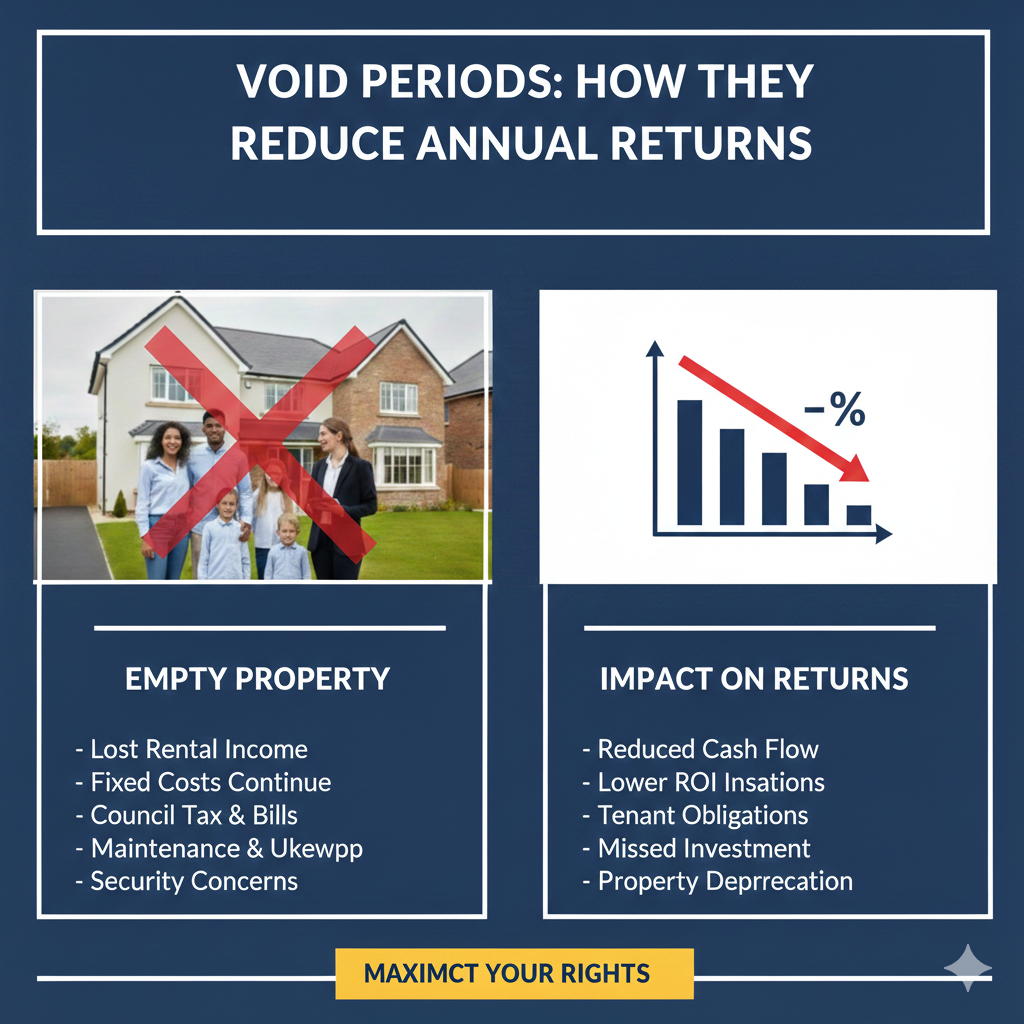
TL;DR
The Renters’ Rights Bill (formerly Renters Reform Bill) is moving to its final legislative stages in July 2025. Key changes include the end of Section 21 evictions, new rent increase rules, a national landlord register, and stricter housing standards. Landlords must prepare for major operational shifts starting late 2025.
What’s in This Article:
- Section 21 Evictions: What’s Ending and What Replaces It
- New Rent Increase Rules and Tenant Challenges
- Awaab’s Law and 24-Hour Damp & Mould Response
- Landlord Register and Mandatory Ombudsman
- Implementation Timeline: Key Dates to Know
- What Landlords Should Be Doing Now
- How Citywide Housing Can Help You Stay Compliant
Renters' Rights Bill Set for Final Vote – July 2025 Update for UK Landlords
The Renters’ Rights Bill, which has undergone months of debate and revision, is now scheduled for final readings and votes on 1 July, 7 July, and 15 July 2025 in the House of Lords. Once passed, it will return to the Commons for final agreement and is expected to receive Royal Assent before Parliament’s summer recess on 22 July 2025.
This legislation represents the most sweeping reform in private renting for over three decades. Here’s what landlords need to know from the latest updates.

No-Fault Evictions to Be Abolished
The most talked-about aspect of the bill is the removal of Section 21 ‘no-fault’ evictions. Once implemented:
- Landlords will only be able to evict tenants using Section 8 grounds, such as rent arrears, anti-social behaviour, or sale of the property.
- All tenancies will automatically transition into periodic agreements, ending the concept of fixed-term ASTs.
Stricter Rules on Rent Increases
Under the new rules:
- Rent increases will be limited to once per year
- Landlords must provide two months’ written notice
- Tenants will be given more power to challenge unfair increases through tribunals
National Landlord Register & Ombudsman Scheme
A new mandatory landlord register will be introduced, requiring landlords to:
- Register their properties on a national database
- Join an independent ombudsman scheme, which will mediate tenant disputes
- Maintain up-to-date compliance documentation
This move aims to boost transparency and tenant accountability across the sector.
Awaab’s Law & The Decent Homes Standard
The bill includes fast-tracked implementation of Awaab’s Law:
- Damp and mould must be addressed within 24 hours of a serious complaint
- The Decent Homes Standard will apply to all PRS properties
This change is a direct result of the tragic death of Awaab Ishak and aims to raise health and safety standards in rental properties.
Timeline and What Happens Next
| Date | Legislative Action |
|---|---|
| 1 July 2025 | Report Stage in Lords |
| 7 & 15 July 2025 | Final Readings |
| Before 22 July 2025 | Expected Royal Assent |
| Oct 2025 – Jan 2026 | Initial implementation begins |
| By 2027 | Full Decent Homes rollout |
Implementation will be phased, but landlords should prepare now.
What Landlords Should Be Doing
- Review tenancy agreements and prepare for periodic transitions
- Limit rent increases to one per year and document them properly
- Ensure damp/mould policies are in place and responsive
- Prepare to join the landlord register and ombudsman system

How Citywide Housing Can Help
With so much change ahead, our guaranteed rent scheme offers landlords a stable, compliant, and stress-free solution:
- Fixed monthly income – no voids, no arrears
- Full legal and compliance management
- Hands-off property letting
The Renters’ Rights Bill is about to become law. Whether you’re managing one property or a full portfolio, it’s critical to adapt early. Landlords who embrace change and align with professional managing agents will protect their income and avoid costly missteps.
Book your free guaranteed rent consultation now
FAQs About Guaranteed Rent for Leeds Landlords
Our leases typically last between 3 to 5 years, offering landlords long-term stability.
Even if your property is vacant, you will still receive guaranteed rent payments.
Yes, you can sell your property at any time, but your guaranteed rent payments will continue until the end of the lease agreement.
Contact us for a free property assessment and see how our guaranteed rent scheme can benefit your Leeds property.
How to Get Started with Citywide Housing Group
If you’re ready to secure fixed, reliable income with no voids or arrears, it’s time to join the growing number of landlords in Leeds benefiting from guaranteed rent schemes.
Contact Citywide Housing Group today to schedule your free property assessment and discover how we can help you unlock the potential of your property.
For more information, visit Citywide Housing or call us at 0113 323 0678.
Share
Latest posts


The Benefits of Choosing a Guaranteed Rent Scheme

How a Rent Guarantee Scheme Protects Your Rental Income

Essential Landlord Tips for Managing Properties Effectively
Did you enjoyed this article?
Join our email mailing list to receive weekly tips, industry insights + more.
Discover Relevant Articles and Resources

HMO landlords in 2026: why this year is a turning point
TL;DR HMO landlords face tighter regulation, higher compliance costs, and increased scrutiny in

Void periods: how they reduce annual returns
TL;DR Void periods directly reduce annual rental returns. Even short gaps between tenancies

Long-term leases: do landlords lose control?
TL;DR Long-term leases do not remove ownership control. Instead, they transfer day-to-day management
Ready to Secure Your Guaranteed Rent?
Fill out the form for a free consultation call and let us take care of your property, hassle-free.
